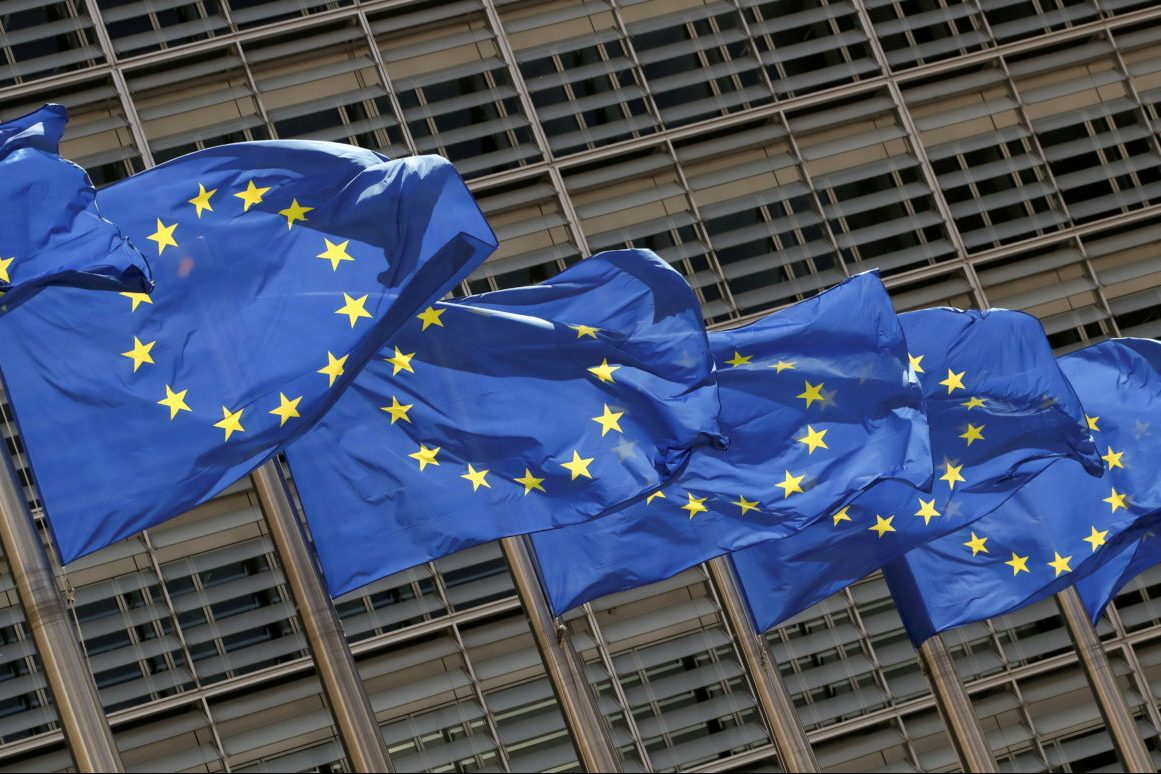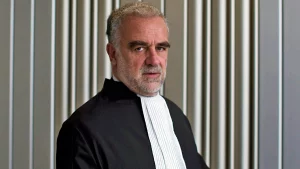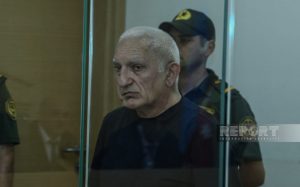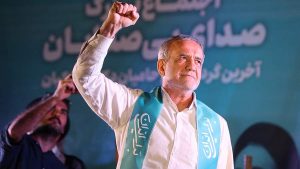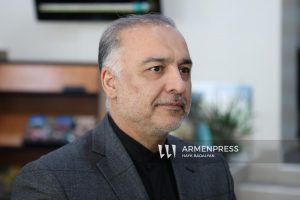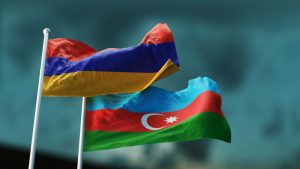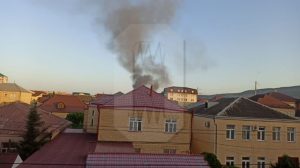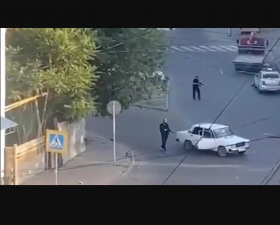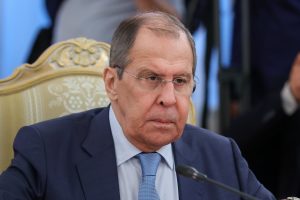- The European Union is following with great concern the continued restrictions on free movement along the Lachin corridor and the serious humanitarian and security consequences affecting the Karabakh Armenians.
- Movement through the Lachin corridor has been impaired for almost 9 months, and, since 15 June, the corridor has been almost completely blocked, with the exception of sporadic medical evacuations. As a result, medical supplies and essential goods are in critically short supply or have already run out, with dire consequences for the local population.
- The EU deplores that the activities of the International Committee of the Red Cross in the region have been heavily hampered and calls for their full and swift resumption, including transport of humanitarian supplies.
- The EU reiterates its call made by the HRVP on 26 July to ensure freedom and security of movement along the Lachin corridor in both directions and to guarantee that the crisis does not escalate further, in line with the Trilateral Statement of November 2020, the European Court of Human Rights interim measures of December 2022 and the ICJ order of February 2023.
- The EU has taken note of the readiness voiced by the Azerbaijani authorities to supply goods via the city of Aghdam. The EU strongly believes the Lachin corridor must be unblocked, in line with past agreements and the ICJ Order.
- The EU has been closely following the growing tensions between Azerbaijan and Armenia along their international border over the past months, with shooting incidents reported almost on a daily basis. We call on all sides to avoid further incidents and recommit to dialogue.
- In order to observe and report on the situation on the ground the EU Mission in Armenia (EUMA) is conducting patrols along the Armenian side of the international border between Armenia and Azerbaijan. The objective of the mission is to contribute to conflict resolution and to build trust and confidence between Armenia and Azerbaijan.
- The EU reiterates its calls for restraint and dialogue among all parties involved. Continuous efforts are necessary to rebuild confidence between Armenia and Azerbaijan, in order to secure sustainable peace and stability in the region for the benefit of the local civilian population. Swift establishment of dialogue between Baku and representatives of Armenians living in the former Nagorno-Karabakh Autonomous Oblast is crucial, in particular for solution of the humanitarian crisis in the area, but also concerning rights and security of Karabakh Armenians and other issues.
- The EU also notes that the Commissioner for Human Rights of the Council of Europe stands ready to engage with all the relevant interlocutors to assist in overcoming the existing humanitarian challenges.
- The EU, and in particular the President of the European Council Charles Michel, has been heavily engaged to supporting the normalisation process between Armenia and Azerbaijan.
- At the last trilateral meeting on 15 July 2023, hosted by President Michel with President Aliyev of Azerbaijan and Prime Minister Pashinyan of Armenia, the leaders of the two countries reiterated their strong commitment to the peace process. They notably reconfirmed their full respect for the other country’s territorial integrity and sovereignty and their unequivocal commitment to the 1991 Almaty Declaration as a political framework for border delimitation. The ultimate delimitation of the border should be agreed through negotiations. Further substantial progress on delimitation is an important factor in reducing tensions, avoiding misunderstandings and incidents at the international border.
- Violence, threats, harsh rhetoric and the spread of misinformation must cease in order to create an environment conducive to peace and normalisation talks. The recommitment to dialogue in good faith remains as urgent as ever. This requires genuine commitment by all sides to work towards negotiated outcomes. Humanitarian issues must be resolved and concrete steps need to be taken urgently to rebuild trust.
- The EU remains fully committed to facilitating dialogue between Armenia and Azerbaijan and to supporting efforts to strengthen peace and security in the South Caucasus, for the benefit of all people in the region. We should not lose the momentum built in recent months for settling the conflict between Armenia and Azerbaijan. It is important to continue the negotiations.
EU has been closely following the growing tensions and calls on all sides to avoid further incidents and recommit to dialogue: EU Statement

